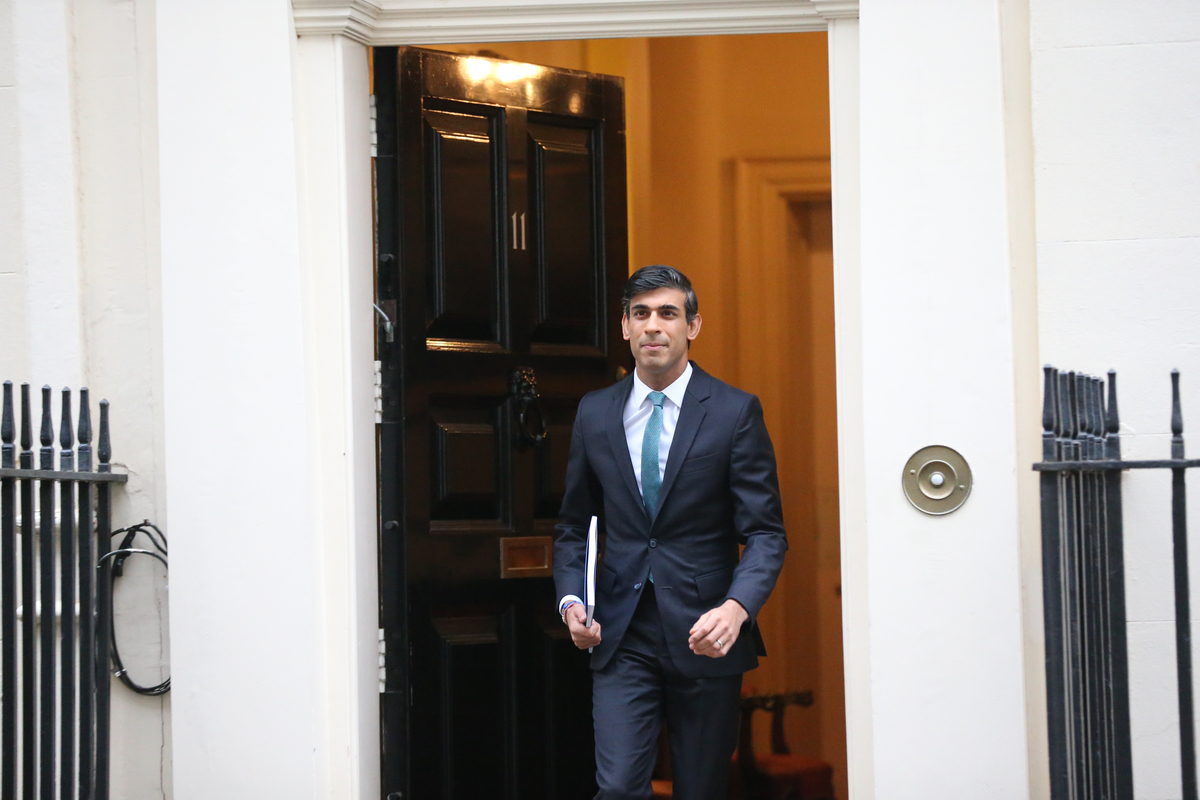Dear visitor,
You're reading 1 of your 3 free news articles this quarter
Register with us for free to get unlimited news, dedicated newsletters, and access to 5 exclusive Premium articles designed to help you stay in the know.
Join the UK's leading credit and lending community in less than 60 seconds.
No new support for rising energy costs
Chancellor Rishi Sunak will reportedly not introduce a new package of measures to support people to cope with energy bills in his spring statement later this month.

Senior Journalist, covering the Credit Strategy and Turnaround, Restructuring & Insolvency News brands.
According to reporting in The Times, he’s also highly unlikely to cut fuel duty. It comes after business secretary Kwasi Kwarteng suggested increasing the energy bill rebate from £200 to £400.
Sunak is under increasing pressure from the energy industry, campaigners and fellow cabinet ministers to do more to help people facing soaring bills. It comes as the energy price cap is set to increase in April by nearly £700 to £1,971 a year.
Combining this with consumer price index inflation, according to the Institute of Fiscal Studies, this could mean the chancellor would need to find more than £12bn in extra support. This is on top of the £9bn worth of support Sunak already promised when the price cap went up back in February.
However, according to The Times, the chancellor discussed plans for his 23 March statement with Prime Minister Boris Johnson and they agreed that the existing £9bn programme of support is enough.
A government source pointed out that the cap, and the package of support to help with it, was announced before Russia invaded Ukraine - which is expected to catapult the price of gas and oil upwards.
They said: “Energy bills in April have not changed because Russia has invaded Ukraine.
“The price cap was set before then. There will be another decision to be made in the autumn when we have a clearer picture of the outlook for energy prices.”
According to research carried out by energy market analyst Cornwall Insight, Russia’s invasion of Ukraine will mean the price cap could rise in October 2022 to more than £2,900 for an average user. The source told The Times interventions by the government are more likely then.
Stay up-to-date with the latest articles from the Credit Strategy team
Get the latest industry news





